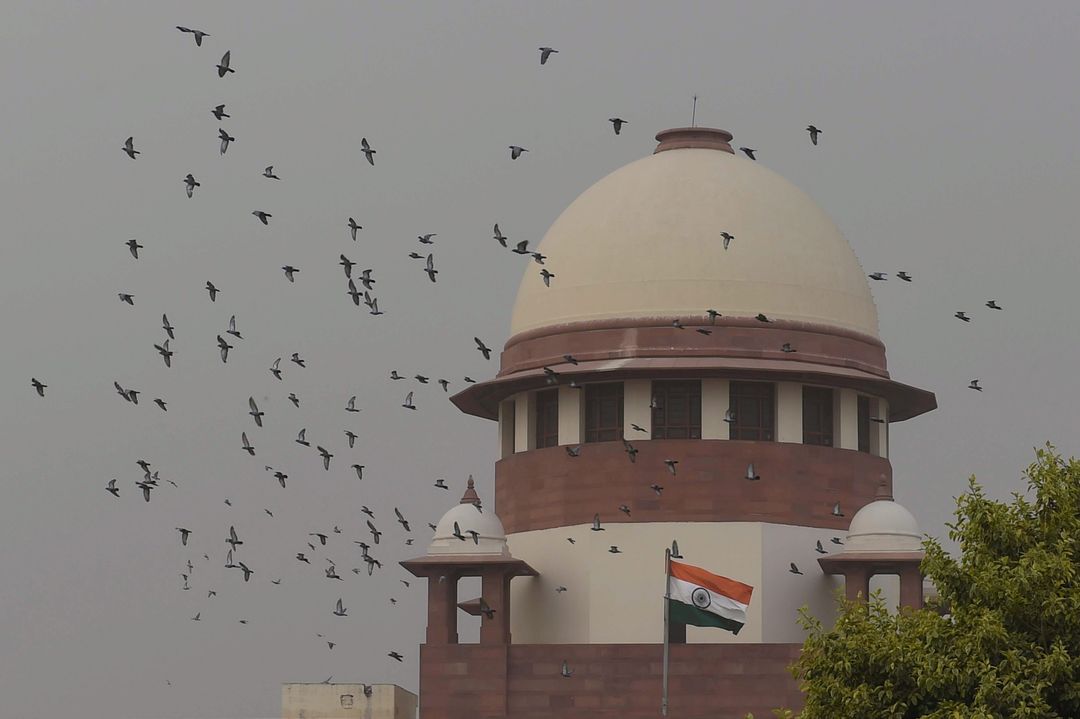
New Delhi, February 26 – The Supreme Court has temporarily stayed a Kerala High Court directive that required the central government to provide an additional ₹18 lakh worth of medicines for a patient suffering from Spinal Muscular Atrophy (SMA), beyond the existing ₹50 lakh financial cap.
A bench led by Chief Justice Sanjiv Khanna and Justice Sanjay Kumar issued notice on February 24 in response to the Centre's plea challenging the Kerala High Court order. The Supreme Court has scheduled the next hearing for the week beginning April 17, 2025, maintaining an interim stay on the high court’s ruling until then.
Background of the Case
SMA is a rare genetic disorder that leads to progressive muscle weakness and degeneration, affecting voluntary movement. Under the existing policy, the central government provides financial aid capped at ₹50 lakh for patients in need of expensive treatments.On February 6, the Kerala High Court directed that Risdiplam, a crucial SMA drug, be provided as a one-time measure for 24-year-old Seba P.A. The court emphasized that continued treatment must be ensured while a single-judge bench reviews the drug’s pricing—a process expected to take at least a month.
Seba’s plea highlighted the high cost of Risdiplam, priced at ₹6.2 lakh per bottle. The dosage varies based on weight, with some patients requiring up to three bottles per month, making long-term treatment financially unsustainable.
Centre's Argument
The central government contended that while the Kerala High Court clarified its ruling was not a binding precedent, such exceptions could inadvertently set one."There are over 3,000 SMA patients across India, each with different circumstances. If every case is treated as an exception, it could place an unsustainable financial burden on the government," the Centre stated. It also asserted that the ₹50 lakh cap applies uniformly, irrespective of available resources.
Advocate's Stand and Court’s Observation
Senior advocate Anand Grover, representing Seba, criticized the government for not negotiating with the drug manufacturer to lower the price of SMA treatments. He pointed out that China and Pakistan had successfully done so, questioning why India had not followed suit.The Supreme Court, however, suggested that international considerations might be influencing India's stance. "The government would be very much interested in reducing drug prices. It’s easy to criticize, but they must have tried their best," the bench remarked.
Way Forward
The Supreme Court has asked the Centre to examine the possibility of approving expenditures beyond ₹50 lakh on a case-by-case basis, keeping the financial burden in mind. The final decision will depend on the upcoming hearing in April.This case has sparked a broader debate on the affordability of life-saving treatments and the role of government policies in ensuring access to expensive rare-disease medications.